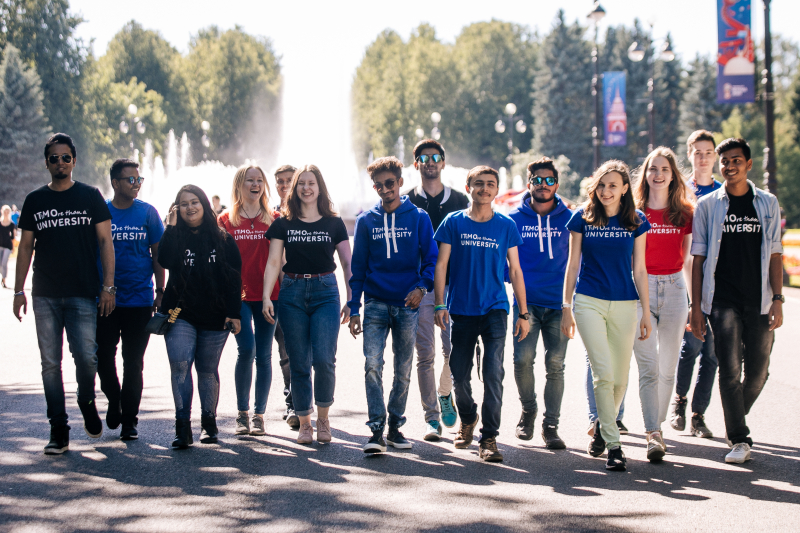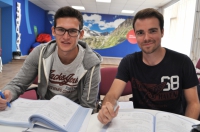The Russian Language and Culture Winter School encourages students to expand their horizons, introducing them to the world of Russian culture. This year the course was taught online. The participants could improve their general command of Russian, as well as practice grammar and conversational skills, taught at different levels, and get to know the culture better by discussing music, literature, and history. Virtual museum tours offered at the school added to the immersion. So, what was it all like?
Sefa Senlik, Turkey – Bachelor's student, Computer Science Department, Ozyegin University
I was an exchange student at ITMO for five months during the 2019 fall semester. The whole experience of Russia and exciting moments in St. Petersburg amazed me so much that I’ve always dreamed of visiting it again, even months after I came back to Turkey. I realized that it could be possible to have a future in Russia by pursuing my Master's education here, so that’s why I decided to improve my level of Russian and gain more knowledge of this culture. With the help of this course and my existing background, I hope to avoid facing many difficulties while adapting to the Russian lifestyle in the future.
The Russian language course by Oksana Kolegova was truly an amazing experience because it was both entertaining and educational. I still remember the old cartoons we watched, the holidays we talked about, and the linguistic topics that we covered along the way. There were fundamental subjects that I studied for the first time as well as an extent of grammar knowledge that I could examine from a different perspective. I am genuinely thankful for all the contributions of my teacher and for this opportunity offered by ITMO University. I believe that my current level of Russian is somewhere between A1 and A2, but surely this course was a huge step forward even though I am taking it gradually.
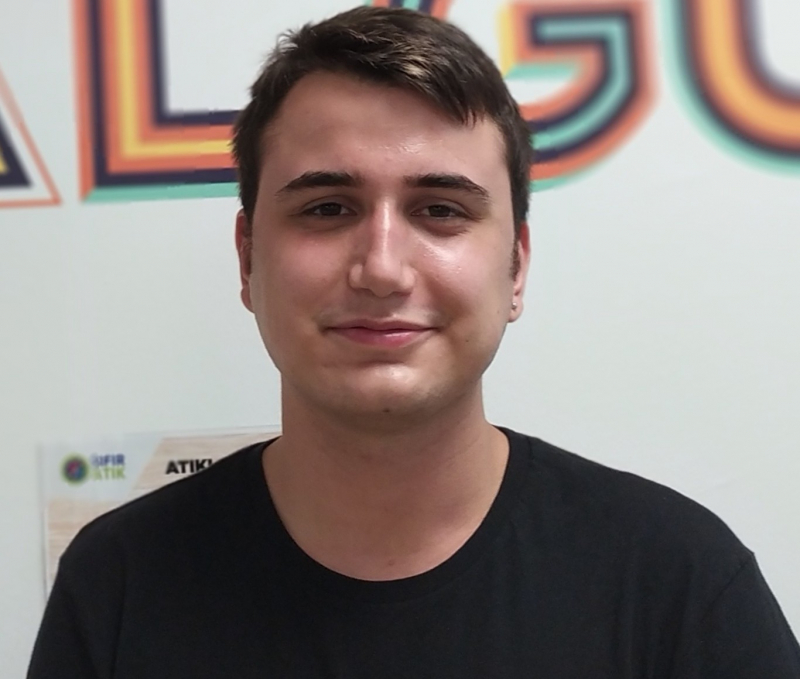
I recently won the Open Doors Olympiad to obtain a scholarship for a Master’s education in Russia, so I can say that I will keep learning about the Russian culture and improving my linguistic skills. Right now, I’m not working or doing an internship because of the heavy workload of my courses. However, I plan to find a part-time job in Russia next year to financially support my education. Then, I may use the Russian language to be able to evaluate different job offers.
I strongly recommend ITMO’s Winter School, because unlike the courses offered by other universities or online mediums, this course covers the topics of Russian grammar with exciting cultural details and references. Thanks to this edutainment concept, it is easier to stay focused and amused during lectures, and the vocabulary stays with you for a long time as the new words are introduced with fun stories or different forms of illustrative content.
Stefanie Reichel, Germany – Student, Media Informatics, Brandenburg University of Applied Sciences
I took this Russian Language and Culture course to improve my Russian. After a five-month internship in Bulgaria, I became more and more interested in Eastern European culture. The first thing I did after my return was registering for a Russian language course at my university. In the meantime, I traveled to Russia several times and I really liked this country, its people, nature and, of course, the food. The course showed me how much I can say in Russian, even if it is not always correct. Especially since the other participants came from different countries, and I couldn't just switch to German, so I had to somehow express myself in Russian. Right now I could say that I have a B1 level in Russian, since the winter school helped me a lot. I learned a lot about the Russian culture, but also I understood that sometimes it is enough to communicate with simple words instead of trying to form a "nice" sentence and despairing in it. The course also helped me gain a little more confidence while speaking.
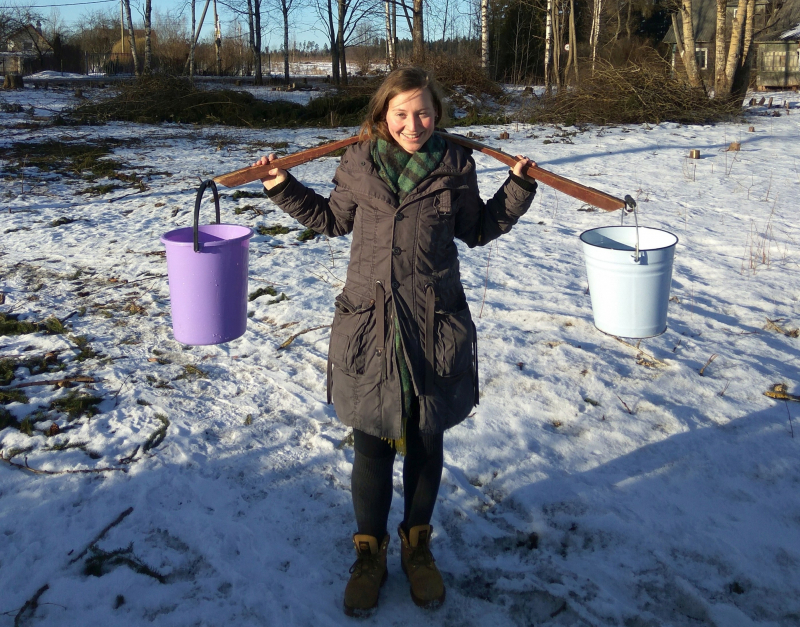
What I liked the most were the weekend workshops. It was just fantastic how the organizers tried to bring us a little closer to St. Petersburg even if we couldn't be there in person. I was also very impressed by the variety of technical options that were used. Another positive point was the current topics that were discussed, because that way you could learn even more about the Russian culture. I also loved the online format. I know that it was a shame for many of the participants that they couldn't come to Russia, but it was perfect for me as it allowed me to complete the course after work without having to take a vacation. Overall, I can say that every single class was great, even if it was a very intense time. Many thanks to the great teachers!
I now work as an engineer on a project at a research institute for laser welding. We are currently expanding contacts with Russia and I think it will be very useful in the future if there is one more person in the company who speaks Russian. And who knows – maybe there will be opportunities to go on business trips to Russia more often.
Last but not least, I would like to say that I’d definitely recommend this Winter School to anyone, it’s a great way to improve your Russian tremendously in a short amount of time. In addition, you can network with other participants and keep in touch after the course.
Ishii Naoki, Japan – Bachelor's student, Politics, Hitotsubashi University
I chose this short-term course because I am interested in the history of the Soviet Union and Russian culture. Also, my Russian teacher advised me to take it. Certainly, it was a very good decision because this course turned out to be very useful for me. I could practice my listening and speaking skills. After taking this course, I began to speak Russian better. Studying Russian grammar and Russian culture also taught me a lot of new things. Now I can argue about politics or social issues in Russian – with a little help from the dictionary, of course. All this new knowledge will help me a lot since this summer I will be taking the first level of the Russian exam TRKI.
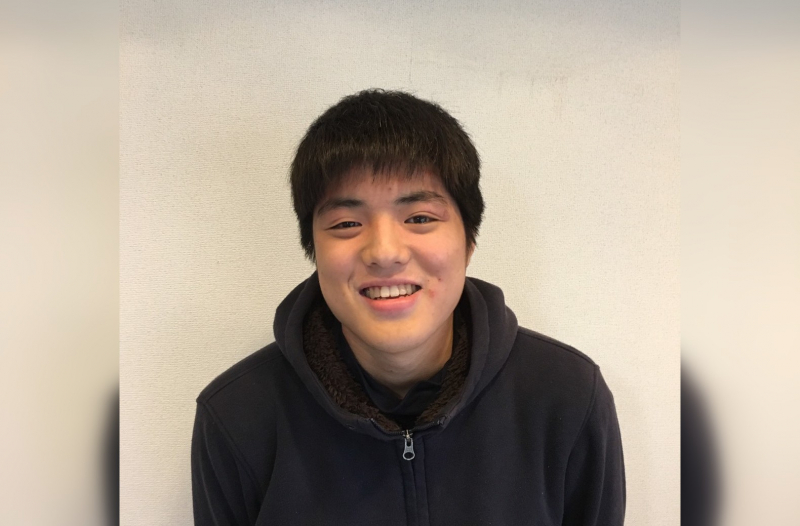
The thing I liked the most about this short course was that we focused on conversational skills. Thanks to this part, my spoken Russian improved significantly. We discussed many political and educational issues, like the quarter system (when the school year is divided into quarters) and the environment. I've never debated like this before in another language, so it was very interesting and useful.
I would recommend this course to anyone who is interested in improving their Russian language skills. This Winter School is an opportunity to discuss a lot of topics with other students and develop your spoken Russian. Also, the teachers are very diligent and patient. They always helped students, so the learning process was easy.
Roland Knoblauch, Poland – Logistic worker in Germany
I chose this course to learn more about the Russian political system and its history. I’m currently somewhere between a medium and advanced level in Russian, and I think the course has greatly increased my vocabulary in the field of politics and culture, and all this new knowledge that I got will be useful for my future work in Russia and other Russian-speaking countries.

During the course, we focused on such topics as the collapse of the USSR, as well as the impact it had on modern Russia, and discussed Russia in the 90s and during the rule of Vladimir Putin.
This Russian Language and Culture school was excellent – undoubtedly, I can see that my level has improved significantly after taking this course, so I’d recommend it to anyone. You can learn a lot more about Russia and the Russian culture in this ITMO course than in ordinary language schools located in Germany or Poland. And the most important thing is to communicate with your teachers, since they are native speakers. This experience can certainly help anyone master the richness of the Russian language.
Prepared by Juan Sebastian Velasquez Acevedo
